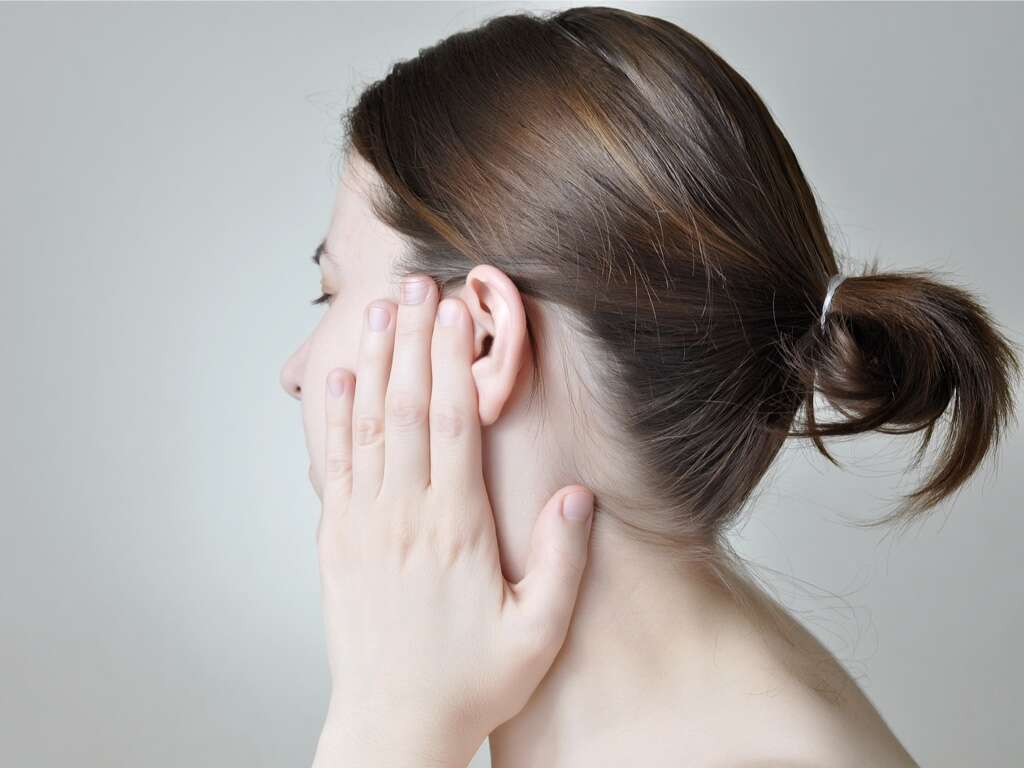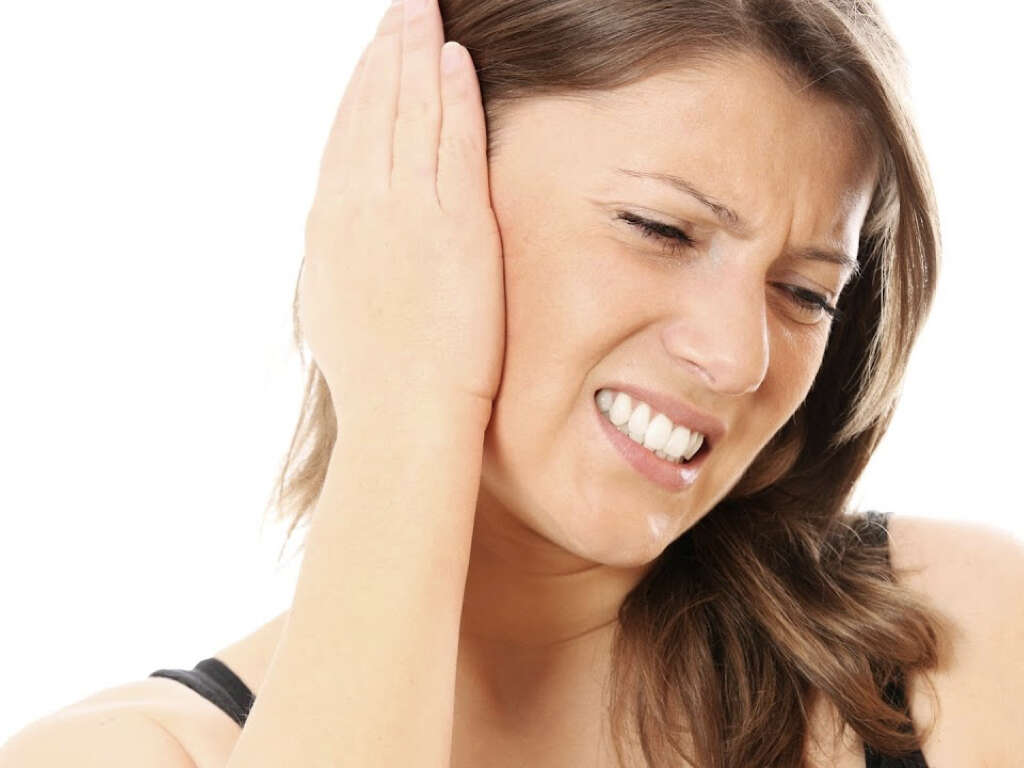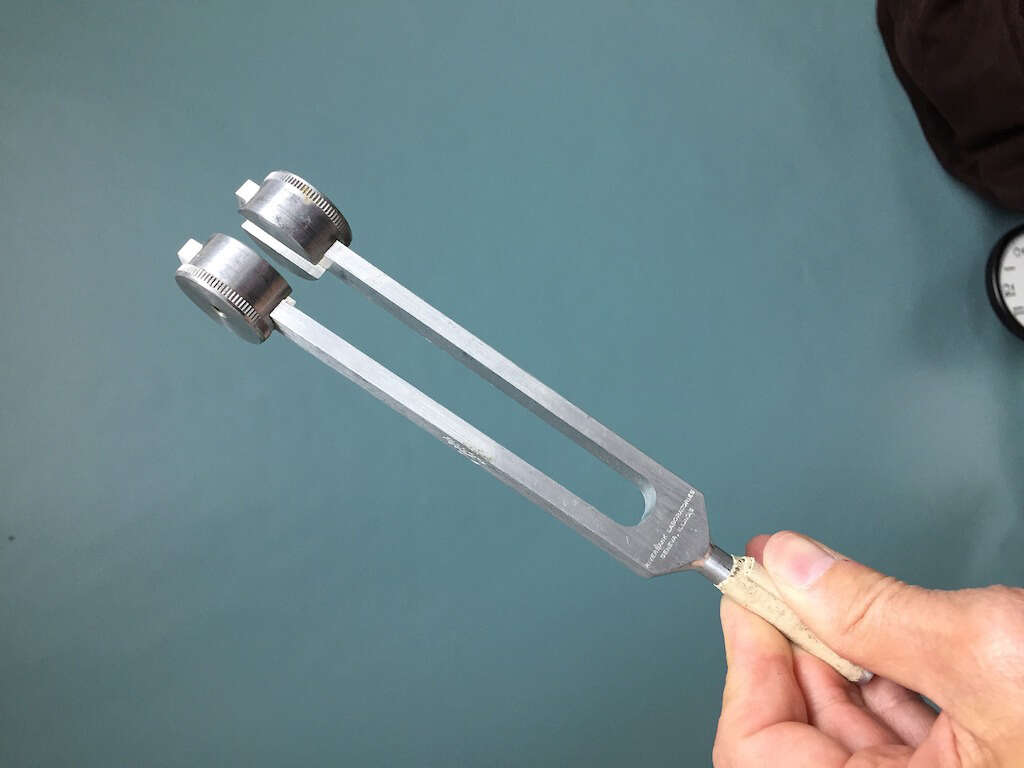Perforated Eardrum Symptoms
Separating the middle ear from the ear canal is a thin membrane known as the eardrum. This is an essential part of our hearing apparatus because it allows us to detect soundwaves coming into the ear. The soundwaves cause the eardrum to vibrate, and these vibrations are translated into what we experience as sound.
The ear drum is very delicate, and it can even be perforated by a loud noise in some cases. It will usually be able to heal itself within 6-8 weeks with no permanent damage being done. The condition is not usually serious, but it can result in some very unwelcome symptoms.

1. Ear Pain
Patients suffering from a tympanic membrane perforation may experience pain in the affected ear. It is important to know that most eardrum perforations are due to infections, and it is the infectious component that causes the pain. A perforated eardrum in the absence of an underlying infection is usually painless.

2. Hearing Loss
Because the ear drum is so instrumental in helping us to hear, it follows that damage to the ear drum will result in hearing problems. This is a fairly common symptom of the condition and the severity of the symptoms can vary considerably from person to person.
In some cases, the patient might experience a slightly muffled sound and it might barely be noticeable to the patient at times. In other cases, the patient might have difficulty hearing anything at all. The change in hearing ability is also likely to be sudden; occurring as soon as the injury has taken place.
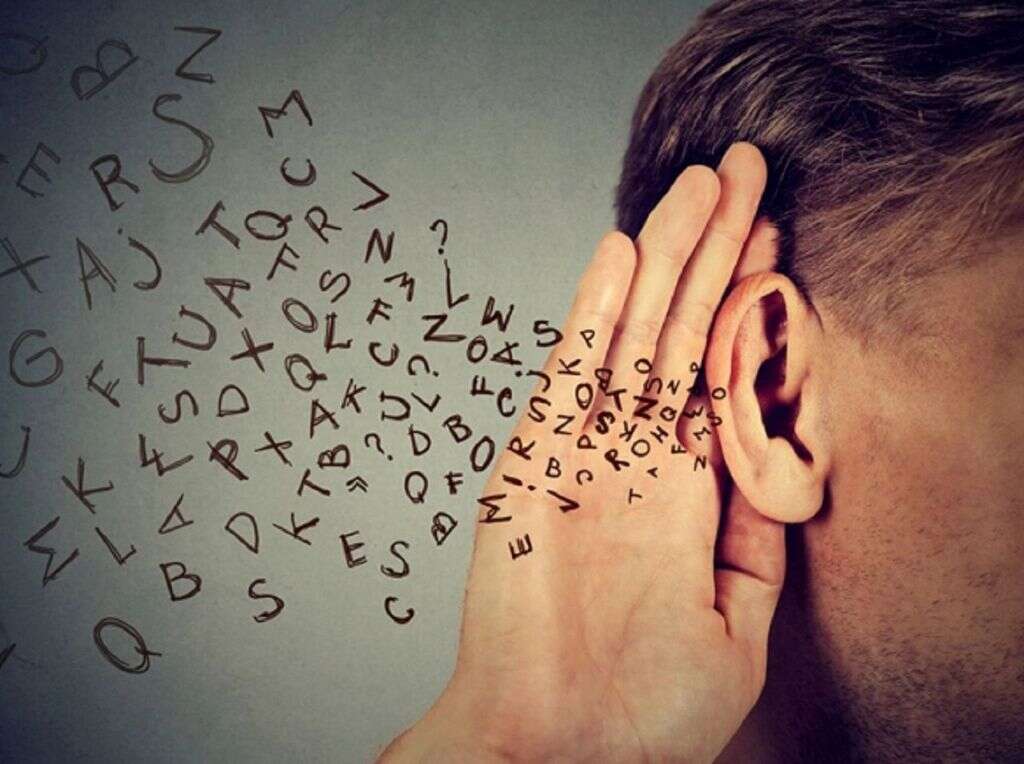
3. Vomiting
This is a non-specific symptom associated with a tympanic membrane perforation. As the condition may cause vertigo and therefore can be associated with nausea, it is only natural that some patients may experience vomiting as well.
It is a rare finding but it is important to know the association.

4. Discharge
Our ear canals are waxy, but this wax is usually quite dry. It has the job of helping to protect it from debris, small insects, or anything else that might get in and do harm. It is not normal for the ears to discharge any kind of material, and there probably is a problem if there is discharge.
Patients with a perforated ear drum will often experience discharge coming from their ear canal. It can be mucus-like, or pus-like, while in some cases it might be bloody. This is a clear sign that something is wrong, and that you should arrange to speak with a medical professional.
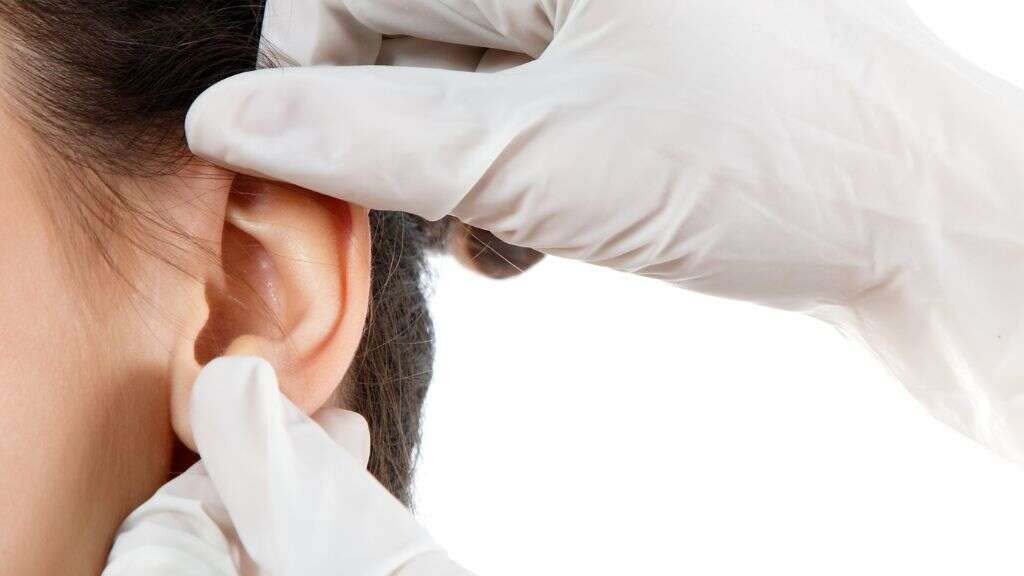
5. Itching
This is a common but non-specific symptom associated with a perforated eardrum. The itchiness can be due to the excessive fluid drainage seen in patients with an underlying infectious condition.
It can also be experienced as the tympanic membrane starts to heal. Patients should avoid using any objects to scratch their ears as it could cause more damage to the area.

6. Vertigo
It is often thought that vertigo is the fear of heights, but this is not true. The real meaning of the word is a sensation that you are spinning. You may have experienced it if you have span around in a circle and then stopped, only to find that everything else around you appears to keep on spinning.
This occurs as a symptom in cases of a perforated ear drum because the inner ear contains delicate organs that help us to balance. In addition to vertigo, patients with a perforated ear drum can also sometimes find it difficult to walk in a straight line.

7. Nausea
Vertigo can cause the patient to experience another unwelcome symptom: nausea. Again, people that have span around in a circle can find that they feel quite ill afterward. This means that patients with nausea may well find that they too will experience the symptom if their sense of balance is affected.
The nausea can make people with a perforated ear drum feel very ill indeed, and it is not uncommon for patients to vomit as well. If you do have bad nausea, then you may be able to ask your doctor to prescribe something for you to help reduce the severity of the symptom.

8. Tinnitus
Every now and then, we get those blissful moments when everything is quiet, except maybe for the sound of birds and distant traffic. Some people, however, will experience a ringing sound even when there is nothing around to make a noise. This is a condition known as tinnitus, and it can be very frustrating.
If you have perforated your eardrum, then there is a good chance that you too will experience tinnitus. The good news is that the symptom is likely to disappear completely when the perforation is finally repaired. If the symptom does not go away, then you should consider speaking to a specialist.

9. Recurrent Ear Infections
The tympanic membrane not only serves as a crucial hearing component, but it also is a mechanic barrier that keeps pathogens outside of the middle ear. When the integrity of this barrier is compromised by a perforation, it is common for patients to be prone to recurrent middle ear infections.
This is especially noticeable in patients that engage in water sports, as the humidity in the ear canal increase and becomes a perfect environment for the growth of pathogens.

10. Fever
As mentioned, a perforated eardrum will increase your chances of getting an infection. When this happens, the immune system will react accordingly to try and deal with the problem. The body has numerous lines of defense and one of them is to generate a fever.
Pathogens tend not to do well if they are in environments that are too warm for them. Thus, by heating the body, the immune system makes it harder for the pathogen to thrive and survive. This is not usually dangerous for the patient.




